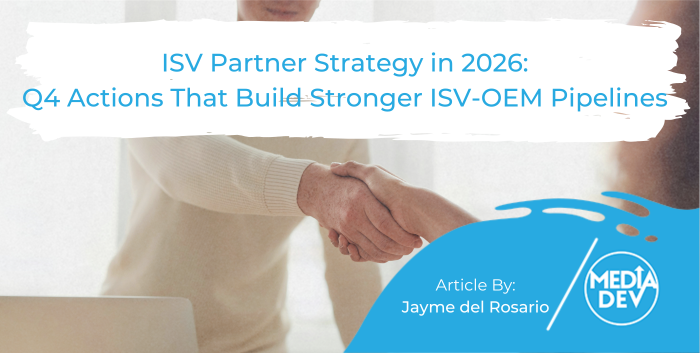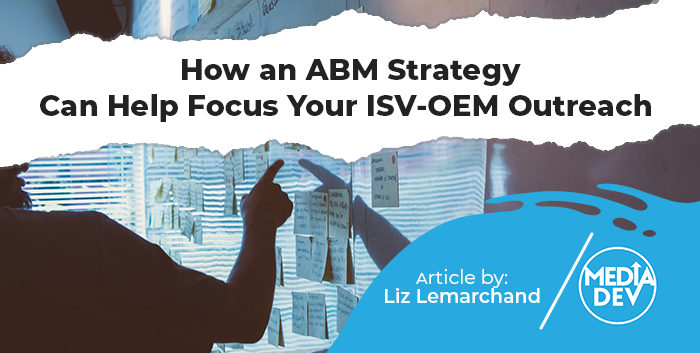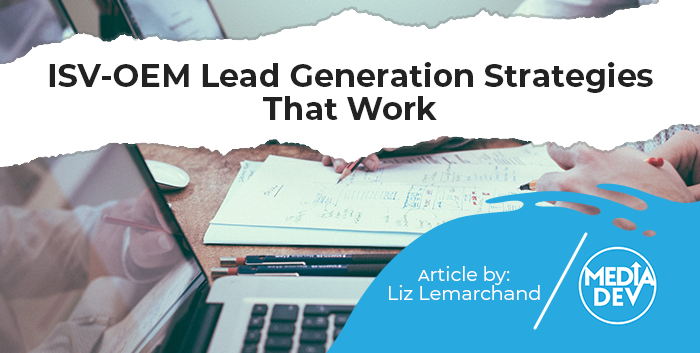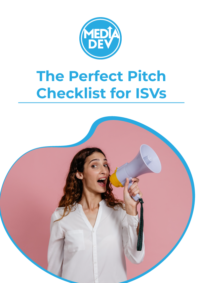Storytelling
Long before marketing picked up on the buzz word of "storytelling", PR was out there pitching story after story to the media. And let me tell you from my experience, it's hard work! Finding newsworthy angles to pitch takes a creative mind and a don't-give-up-attitude; both are inherent to a good PR professional. Content marketing is a lot like brand journalism, and social media is clearly a platform for both. Thinking up a great story and then being able to write about it well takes experienced writers, editors and proof-readers; these skills transfer nicely to blog posts, tweets, status updates and responses to comments on forums.
Timeliness and relevance
PR pros are experienced at creating content relevant to a specific audience. Whether pitching a journalist or producing an internal newsletter, PR experts determine the type of content that's needed, and they get it out there quickly.
Social media is about being timely, interesting and relevant. No-one wants to see a tweet about a topic that's a month old — it's has-been by then. Social media brings a new dimension to timeliness, since our access to information is faster and our attention spans are shorter and shorter. That means the window of time you have to act needs to be practically instantaneous. Learning from the PR pros here can help your social media plan adapt a content calendar so that it's not too rigid, allowing for change as change arises.
Crisis communications
PR professionals are trained in issues management and crisis communications. These skills are vital in successfully preparing for and managing a social media crisis. Many marketers may not realize how important this is: handling a social media crisis needs to be planned out before it happens because when it does, it may be too late.
If a social media crisis does arise, you need to get your company's voice into the conversation as fast as possible, respond to questions, correct misinformation and be as helpful as you can. PR skills in relationship and reputation management are well-suited to handling viral activity when time is of the essence.
Conclusion
Social media provides us with excellent tools to better understand target audiences and communicate with stakeholders. Becoming part of social networks and getting to know what your customers want from you is an essential part of marketing today. So whether you want to integrate social media into your PR strategy or you want to bring a PR element to your social media one, the two need to go hand-in-hand.










